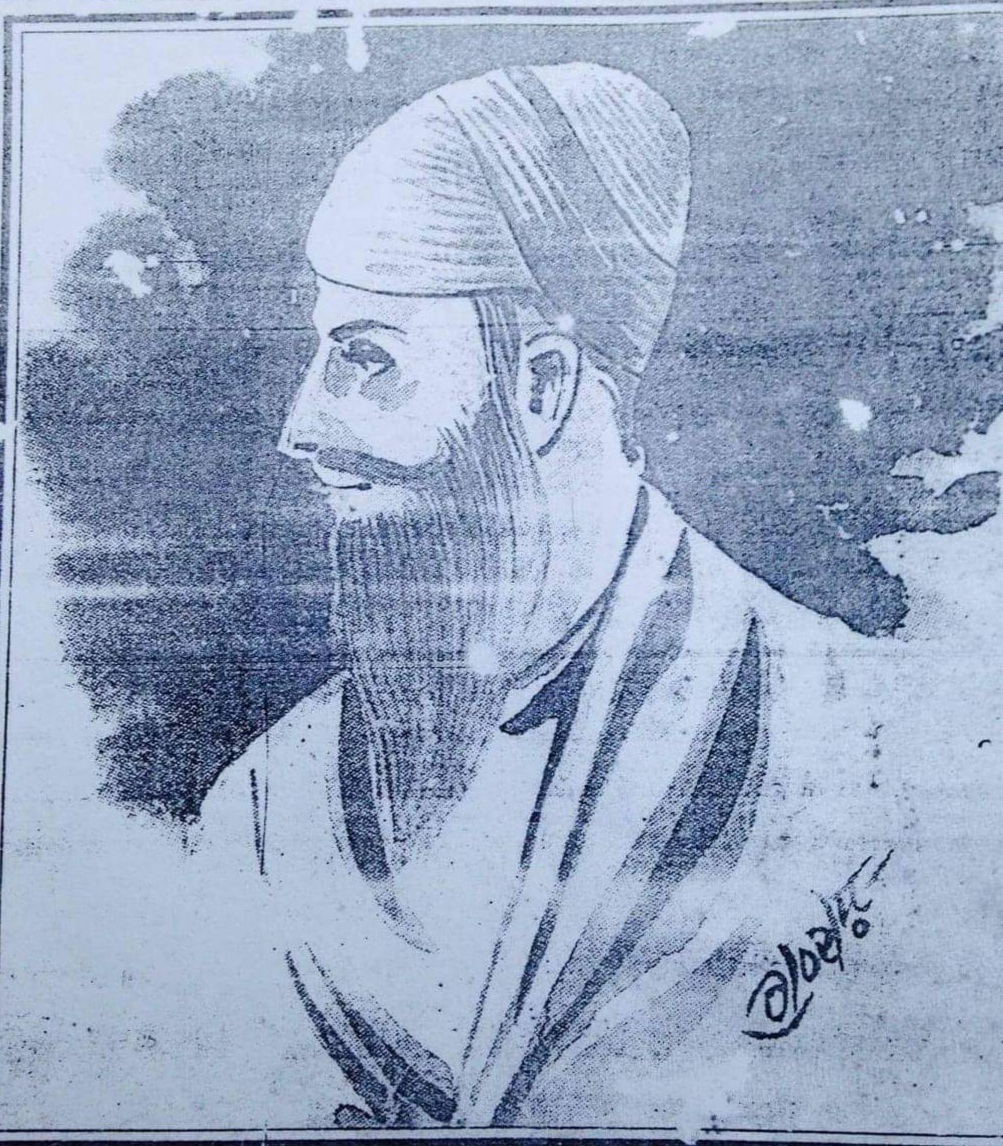DHANNA SINGH MALWAI (1775-1843), was soldier and Jagirdar under Maharaja Ranjit Singh, belonged to the Mann Jat family village of Maur in Nabha territory. Chaudhari Mal Singh, Dhanna Singh`s father, who was the first in the family to be initiated a Sikh, left his village about 1760 and entered the service of Sardar Charat Singh of Sukerchakia as a sowar. He was killed in a campaign in the northwest. His son, Dhanna Singh, left Maur in 1793 and took up service with Sardar Sahib Singh Bhangi of Gujrat. About the year 1800, he enlisted himself in the force of General Sardar Fateh Singh Kalianwala as a trooper, and soon rose in his favour, obtaining an independent command.
He fought in the Kalianwala contingent in Pindi Bhattian and Kasur campaigns. On the death in 1807 of Sardar Fateh Singh Kalianwala at Naraingarh in Ambala district, Sardar Dhanna Singh entered the service of Maharaja Ranjit Singh. In 1810, he fought against Fateh Khan of Sahiwal, receiving a wound in the face. He was one of the agents sent by Ranjit Singh to Wazir Fateh Khan of Kabul to arrange an interview between the two which took place in December 1812 at Jehlum. In July 1813, he fought in the battle of Attock, when Fateh Khan Barakzai was defeated by Diwan Mohkam Chand.
He accompanied the detachment of Ram Dial and Dal Singh Naherna in the first expedition against Kashmir. He distinguished himself in the siege of Multan in 1818, the jewelled sword and shield of the defending Nawab, Muzaffar Khan, falling into his hands.In 1819, he took part in the final Kashmir expedition and in 1821 in the siege of Mankera. He was present at the capture of Jaharigira Fort and at the battle of Teri in 1823, and remained on duty for some time in the Peshawar district under the command of Sardar Singh Sandhawalia of Raja Sansi and Prince Kharak Singh.
In 1837, he took part in the battle of Jamrud. Dhanna Singh enjoyed great esteem in the Maharaja`s court. There were few sardars whose influence was greater or whose advice was better regarded. He was sent on some political embassies and was a member of the mission which called on Lord William Bentinck at Shimla in April 1832. He was granted several jagirs by the Maharaja who also secured him at his request his ancestral village, Maur, in 1819. Dhanna Singh died in May 1843. His sons, Sardar Bachittar Singh (d. 1840) and Sardar Hukam Singh (d. 1846), held prominent positions in the Lahore Darbar.
References and Sources :-
- Suri, Sohan Lal, `l/mdat-ut-Twankh. Lahore, 1885-89
- Griffin, Lepel and C.F. Massy, Chiefs and Families of Note in the Punjab. Lahore, 1909
- Ganda Singh, The Punjab in 1839-40 . Patiala, 1952
- Khushwant Singh, The Fall of the Kingdom of the Punjab. Bombay, 1962
- Chopra, G.L., The Panjab as a Sovereign State. Hoshiarpur, 1960.
- The Sikh Encyclopedia


